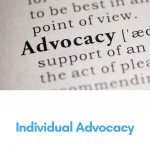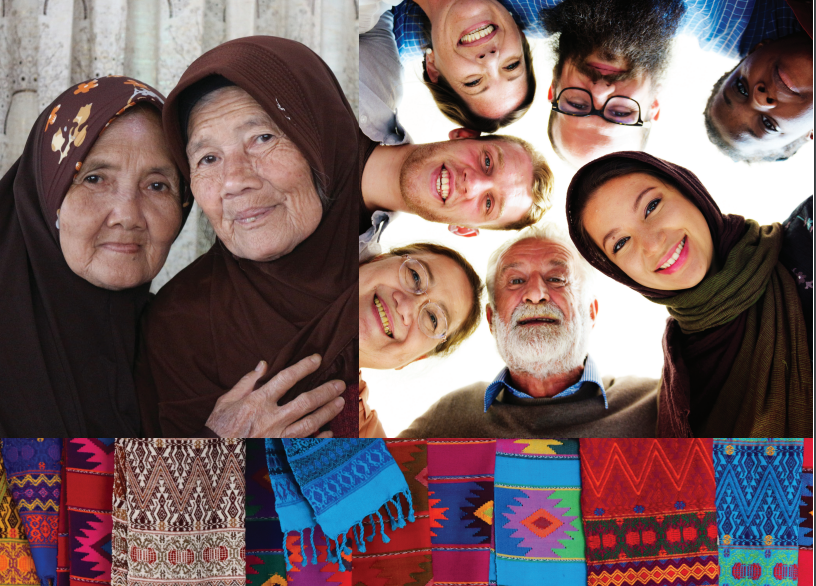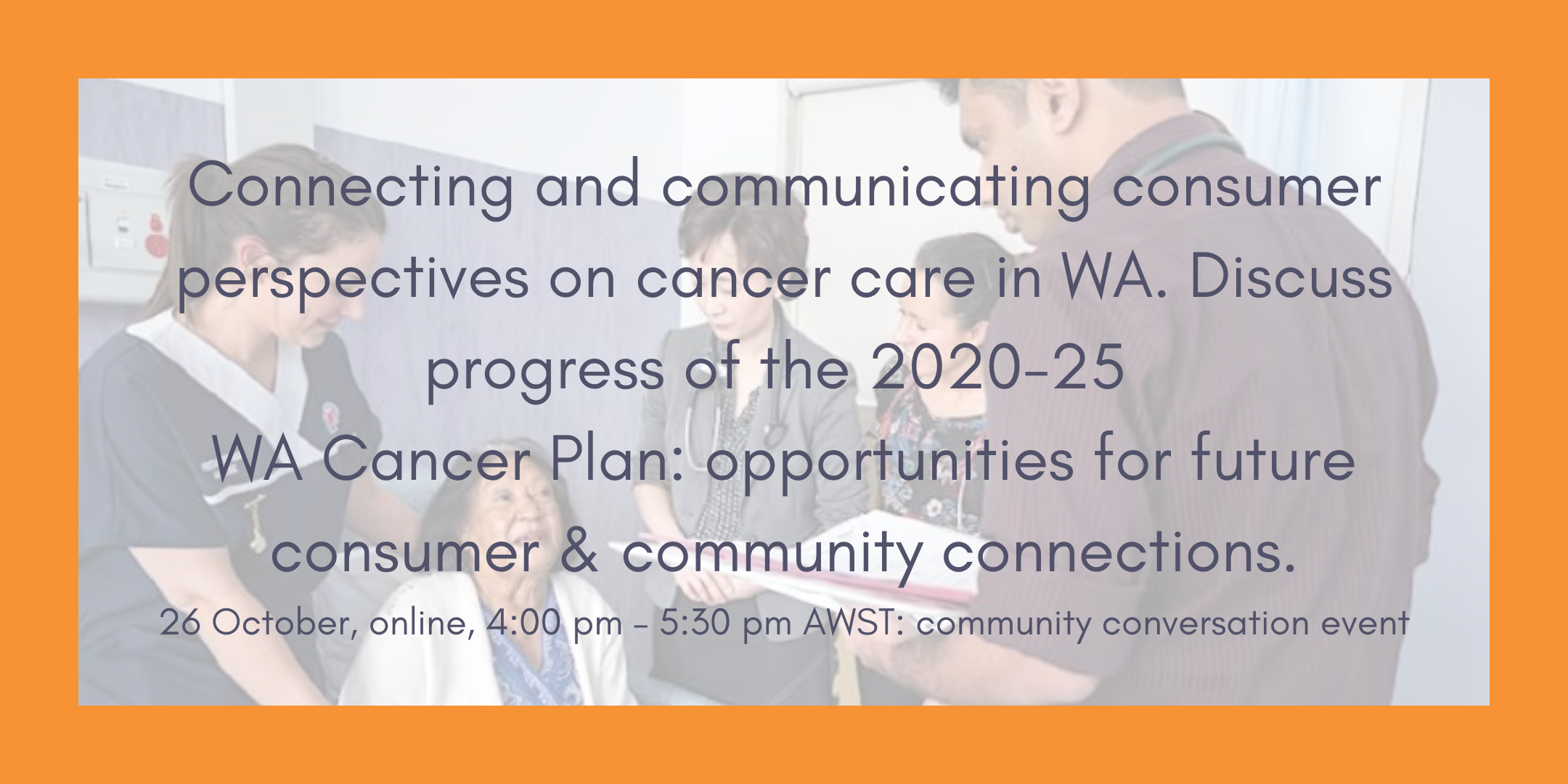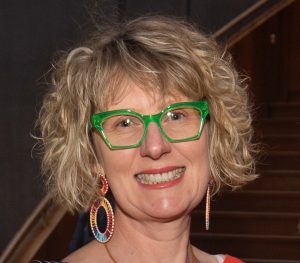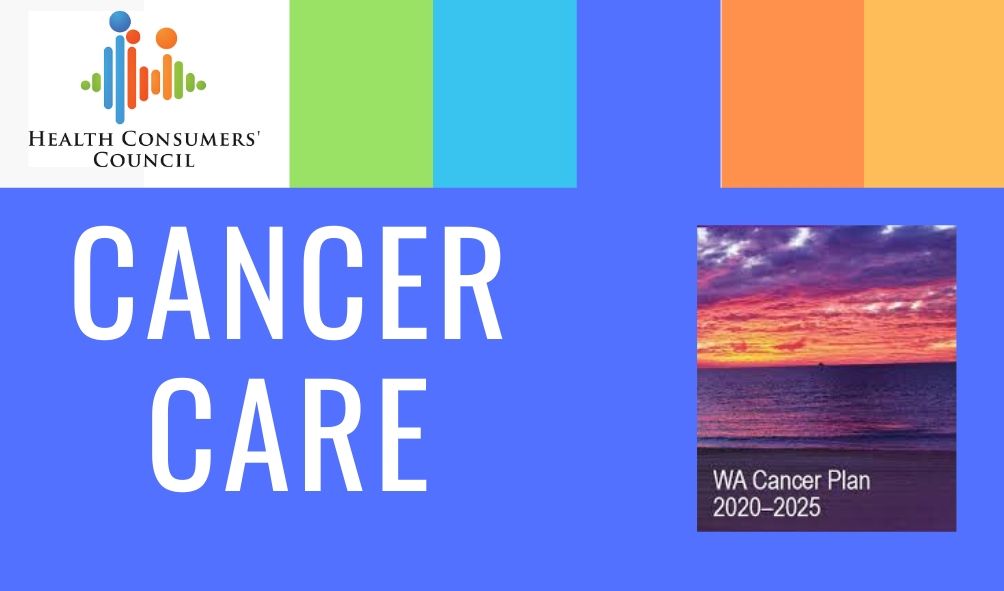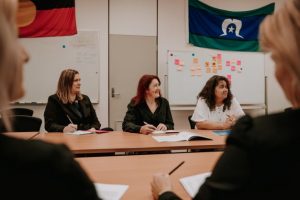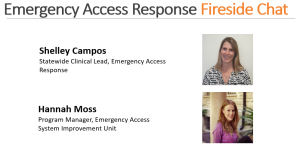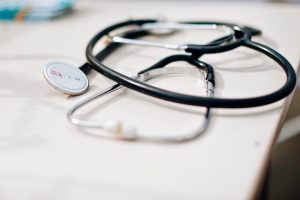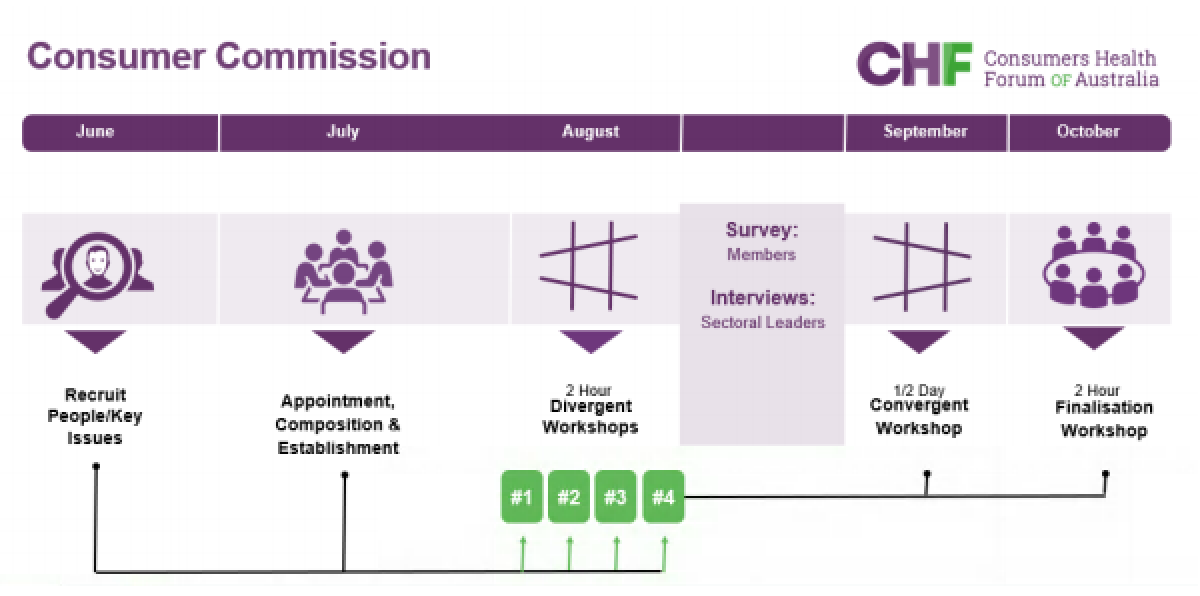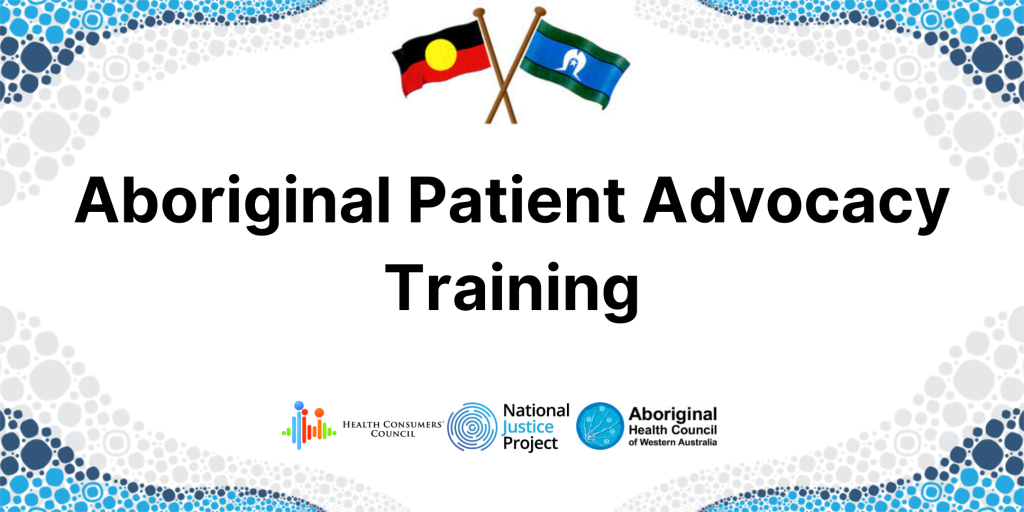Systemic issues are problems that impact people every day through inequality, discrimination and barriers to access and inclusion. Examples of systemic problems in the Australian health system include racism, emergency departments and services unable to cope with demand, chronic disease management and difficulties accessing mental health care. Most recently, the Covid-19 pandemic has highlighted the cracks in our system, which has led to large gaps in health care services, burnout among health workers and increased anxiety among everyday people living in Australia.
People often report feeling overwhelmed and angry due to systemic problems. Although they are large and often related to government decisions and social issues, one person can do a lot.
Systems do not change; people do.
So… what can YOU do?
See here for a letter template!
One thing to remember when fighting systemic “giants” is that you and your rights matter…but so does your health and well-being. These issues are often overwhelming and can be life-or-death issues for individuals and communities, so it is important to have support and ways get to help if it all feels too much.
System Navigation Support:
Peer Pathways – 9477 2809 or https://peerpathways.org.au/
CoMHWA’s Peer Pathways project is a West Australian, Statewide helpline for people with mental health challenges to find the supports needed to promote mental and physical wellbeing. Peer Navigators will assist you, your family and your carers to navigate services across the State, including finding counselling and wellbeing services that meet your needs.
Crisis lines
Crisis Care 1800 199 008 (24/7)
Entrypoint 1800 124 684 (Mon-Fri 9am-7pm; Sat 9am-5pm)
MHERL (Mental Health Emergency Response Line) 24/7
– Metro 1300 555 788
– Peel 1800 676 822
– Regional 1800 552 002
Lifeline 13 11 14 (24/7) or text 0477 13 11 14 or chat online – https://www.lifeline.org.au/crisis-chat/
1800 Respect (24/7) – 1800 737 732
Women’s Domestic Violence Helpline (24/7) – 1800 007 339
Men’s Domestic Violence Helpline (WA) – 1800 000 599
For translation and interpreting services, call TIS 13 14 50
Once you’ve taken care of yourself, you’re ready to begin your advocacy adventure.
The goal of systematic advocacy is to bring positive and lasting change to entire communities of people. There are many ways to support change, from passive actions such as sharing information and talking to loved ones, to active and radical advocacy, including marching in protests and pushing campaigns.
Everyone has a type of advocacy that will fit their passions and strengths, and some of the most common actions are described below.
If you are on social media, you will probably see petitions being shared around by friends and family, advocating for change. Petitions are a great way to create awareness and gather tangible support from community for specific issues. Often, petitions begin after an individual or community have had a negative experience or terrible outcomes, and the people around them are energised to create change so that it doesn’t happen to anyone else, or so something good becomes part of policy for the future.
If you’re on social media, you’ll likely see friends and family sharing petitions advocating for change. Petitions are a great way to raise awareness and get specific support from the community for specific issues. Petitions are often started after a person or community has had a negative experience or had devastating outcomes, and the people around them are energized to create change so that it doesn’t happen to anyone else. Sometimes petitions are more positively started, when something good happens and people want to have it made permanent.
In WA, you can view a range of Petitions for the Legislative Council here: Current Petitions.
E-Petitions that you can sign can be found here: E-Petitions.
How to get a Petition to Government: Guide to Petitions
There are also lots of other petitions, like #RaiseTheAge and others run on websites like Change.org or The Action Network. You can support community action by adding your name to the petition. Some also have options to donate or share with your networks.
Action and change are often lacking because there is no awareness of the existence of a problem! By hopping online, talking to an expert, or going to your local library, you can gather information and start telling people in your world about the need for change, encouraging them to share theirs! Sometimes when we learn new things, we feel uncomfortable for many reasons. Keep trying, keep exploring and encourage yourself to stay open to different people’s experiences!
Governments and other large and powerful organizations often hold consultations on major changes or proposals, such as WA’s abortion reform or Australia’s National Cancer Care Plan. Reviewing and responding to open inquiries through surveys, phone calls, or other written methods can be powerful, especially if the strategies affect you or someone you love.
Volunteering is a great way to get to know the issue and have a say in a meaningful, hands-on way. Volunteering at hospitals or community gatherings is meaningful and rewarding and can make a huge difference in your community. Volunteering WA is a great website to help you find opportunities in your area.
In WA we have a range of issues that often generate peaceful protests and marches across the State. Keeping an eye on social media or following certain issues and campaigns you are passionate about can also lead to you being involved in protests, through turning up on the day, sharing content on social media, or having conversations with key people in your life to raise awareness.
This is something that a lot of people aren’t aware they can do… you can meet with your local member or parliament! Contact their office and ask to book an appointment or phone call or turn up when they’re making a public appearance. Our government members are there to represent us and our voices, to advocate on issues that impact us, and to help create change at a government level.
If speaking isn’t your thing, you can also email or write to your local member or Minister of a particular issue. Explain what is important to you, and why. Tell them your experiences and ideas for improvement and positive change. Encourage and ask them to take a stand for issues you feel need to be talked about more.
This can happen whenever, either to introduce yourself as a member of their electorate, or to raise important issues and actions at key points in time. The more people contacting their local members on issues, the more local members will pay attention and act in government.
Voting is one of the best things we can do for change. Make sure you read up on the parties you are voting for, check their positions on certain issues that you are passionate about. One way to do this is through ABC’s Vote Compass, or looking at unbiased election guides that explain each issue and the different parties’ policies or stances. Talking with different candidates may also be helpful, either by giving them a call or meeting them.
As Bluey said, “You don’t vote for what someone looks like, you vote for who is the best leader”.
If there are certain issues you are passionate about, but for whatever reason you are unable to engage in the ways listed above, the simplest way to help create change is to donate (time, money, attention) and share (verbally, in person, online, publicly, privately, via messenger pigeon!). Look for local groups or organisations that advocate for rights and issues and get in contact to see how you can help with your capacity. Nothing and no one are too big or too small.
Many people create artistic expressions of the issues and their opinions and beliefs. Others support products or services that are committed to change, or DON’T support those that are against change.
Share hashtags related to the issues you are passionate about and have conversations with people about it (#MeToo, #BlackLivesMatter, #DonateLife). Donate your time to train for individual advocacy or find a job that aligns with your passions. Donate time & attention by reading or listening to material on the issues you want to understand.
See here for a letter template!















